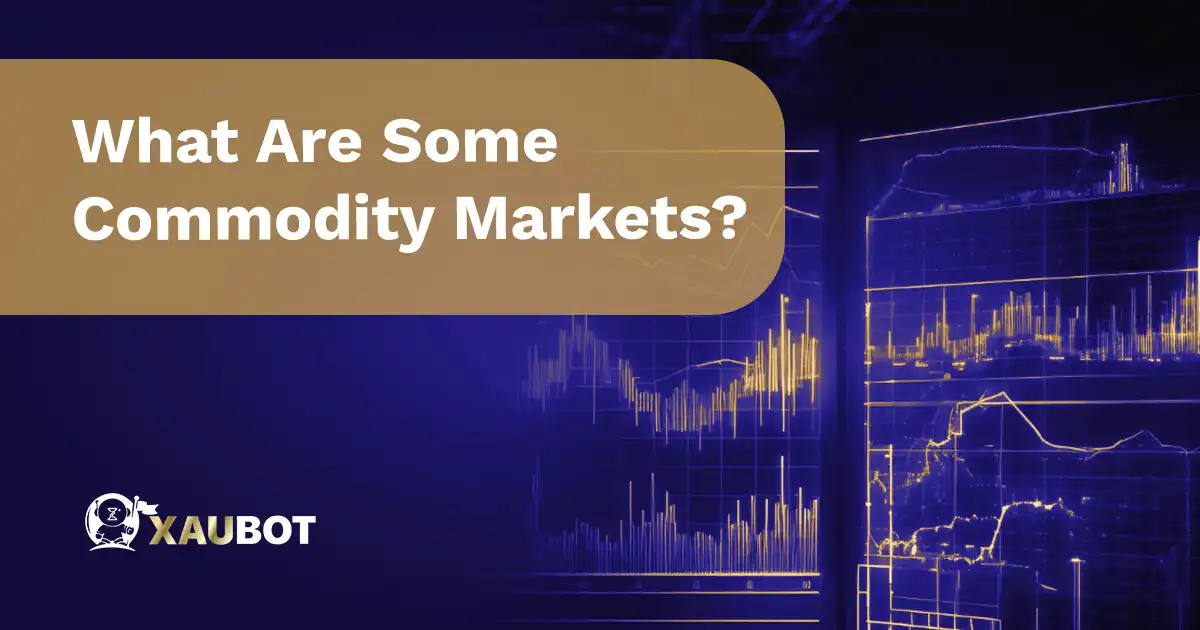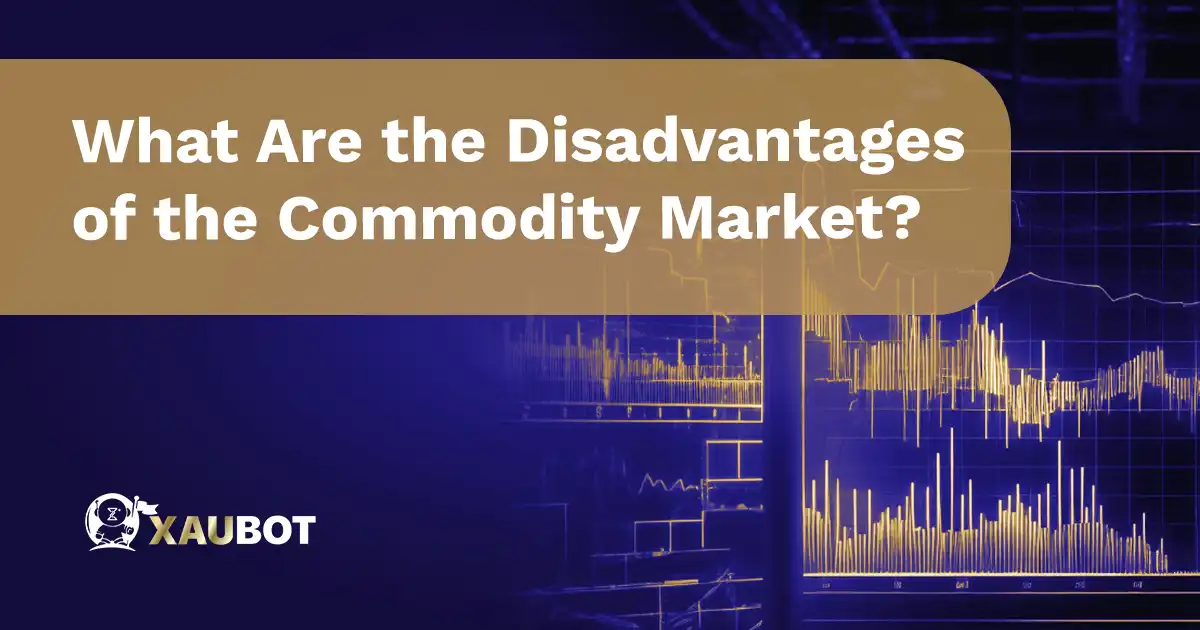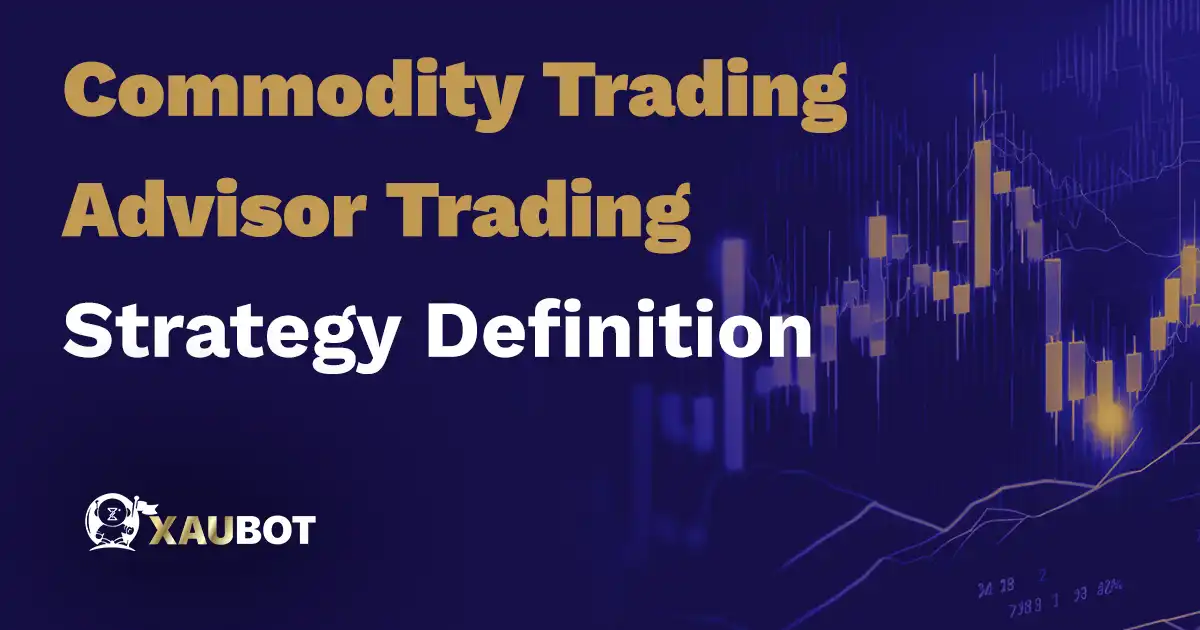A commodity trading advisor (CTA) can be an individual or an institution with extensive knowledge and skill regarding the trading of commodities and other similar assets. Therefore, a CTA will be in charge of trading commodities for their client.
So, in this article we are going to discuss the notion of commodity trading advisor or CTA. But not only that. We are also going to discuss concepts related to the commodity market itself, talk about commodity market trading, its advantages and disadvantages, and also show how you can become a commodity trading advisor yourself.
What Is the Definition of a Commodity Market?
There are many different financial markets in the world. Socks, bonds, currencies, digital currencies, and of course commodities – among many others.
What is the distinguishing factor among all these markets? Well, the most important distinguishing factor is the type of asset or instrument that is being traded in them.
That is the single most important feature of any market. And the commodities market? Well, the instruments that are traded in this market are raw materials.
Let’s further specify these raw materials. They are divided into two groups. Hard raw materials, which are the group of materials that are associated with resources found naturally on earth’s crust and are normally minable – such as oil, gas, gold, precious metals, etc.
And the second group are soft raw materials, which are the group of materials that are not found naturally in nature, but rather produced as part of the agriculture industry – including cows, sheep, sugarcane, wheat, barley, corn, etc.
Now keep in mind that the way the commodity market works is not through the ownership of physical goods, i.e. raw materials. Rather, it enables traders and investors to have access to the trading of futures contracts of these instruments.
What Are Some Commodity Markets?

The commodity market is among the biggest and most liquid markets around the world. In fact, only last year this market surpassed $100 billion in gross margin.
Out of all the materials that are traded in this market, crude oil stands at the top of the list. Followed by commodities such as coffee, gas, and gold.
The biggest commodity exchanges in the world are The London Metal Exchange, Multi Commodity Exchange of India, The New York Mercantile Exchange, The Minneapolis Grain Exchange, and The Chicago Mercantile Exchange.
What Are the Advantages of the Commodity Market?
The advantages that are associated with commodity trading are the followings:
- It allows for you to diversify your assets. Portfolio diversification is perhaps the most important principle when it comes to increasing your odds of profiting and at the same time minimizing your risks of loss.
- Trading futures contracts in the commodity market is also another great way to use it as a hedge against inflation. This is especially so in the case of assets that are truly sturdy and powerful against inflation such as previous metals, most importantly gold.
- Unlike certain instruments and other methods of trading, commodity market and trading is a liquid one. This means you have the chance to sell your position and assets in the market whenever you want and liquidate to get out of the market.
What Are the Disadvantages of the Commodity Market?

On the other hand, the disadvantages that are related to this market are these:
- In many markets, there are caps and constraints with regard to the leverage that brokers can offer traders. For example, in the forex market, the brokers that are registered in the European Union zone can only offer 1:30 rate of leverage. But the commodity market brokers can offer stupendously high rates of leverage. And with leverage trading, things can go south really quick.
- In addition, the commodity market is much more under the influence of macroeconomic factors and indicators than other markets. So it might be even harder to predict and analyze.
What Exactly Is a Commodity Trading Advisor?
As we briefly discussed at the beginning of this article, a commodity trading advisor or CTA can be a person or an institution with advanced knowledge and skill of trading commodities.
These experts would normally trade futures contracts or options on behalf of their individual or institutional investors.
Because these advisors are normally dealing with a lot of money, no matter their economic or legal jurisdiction, they need to be registered with the relevant legal entity in charge of overseeing the market.
This entity in the United States is the National Futures Association, shortly known as NFA.
There are a lot of reasons why people and even wealthy and affluent institutions and hedge funds would trust their money with a CTA, or even need to do so in the first place.
First of all, these practices are pretty common in all financial markets. There are countless money and asset managers who will take over the control of your portfolio to manage it for you in the best way possible.
But this practice is more so prominent for commodity trading. The reason is that the leverage rates that are offered in this market are incredibly high. So if you have even the slightest doubt in your mind with regard to a trade, you could potentially lose everything and even more so.
This, along with other reasons, is why commodity trading advisors are needed.
How Can You Become a Commodity Trading Advisor?
If an individual or an institution wants to become a commodity trading advisor, they need to do so through the right legal channels.
The first thing they need to do is to register with the corresponding legal entity. Of course, there is not just one entity that can oversee this process. For example, in the United States, other than the NFA that was mentioned earlier, you can also register with the Commodity Futures Trading Commission. But keep in mind that registration with different legal entities will result in different abilities or responsibilities that you can take on as a commodity trading advisor.
In addition, you need to become fully licensed. As you might already know, there are licensing tests that are quite well known. For example, the series 7 is for those who want to become licensed stock brokers.
To become a licensed commodity trading advisor, you need to take the series 3 test, which is naturally more difficult.
What Is a Commodity Pool Operator?
Another technical term that is associated with the commodity market and also very similar to commodity trading advisor is commodity pool operator or CPO.
A commodity pool operator is simply a money manager that is in charge of managing your assets in the commodity market. But the difference is that they manage not just one client.
Instead, they manage the pool or aggregate of funds that are trusted to them.
Conclusion
A commodity trading advisor can be a person or an institution with a lot of knowledge and expertise in the field of commodity trading. They can either be in charge of trading on behalf of their clients. Or they might just play a purely advisory and educational role.
